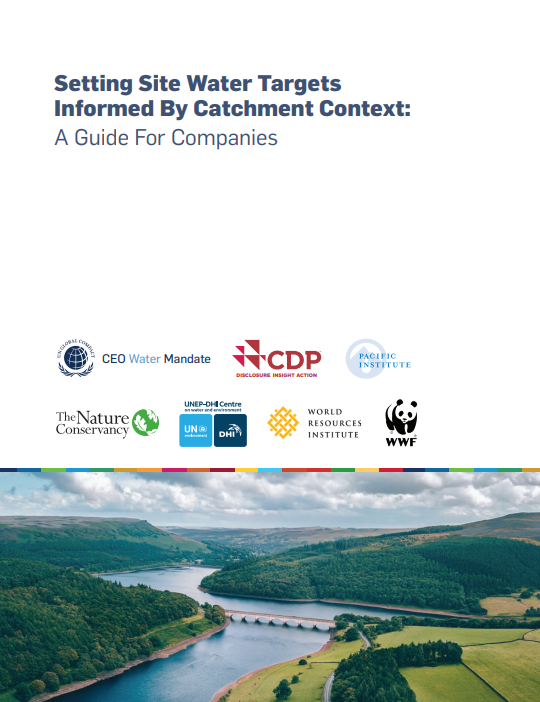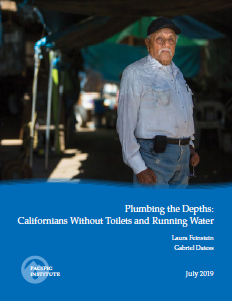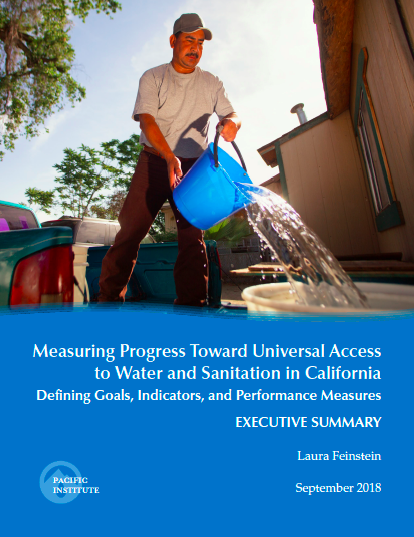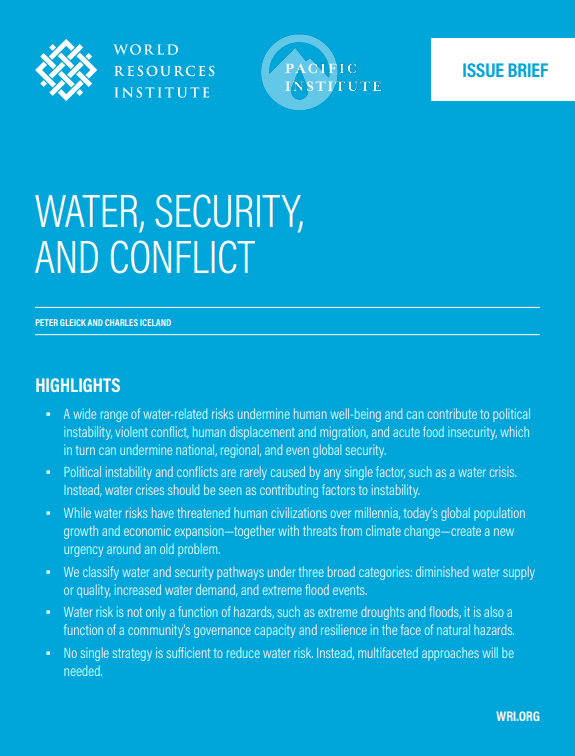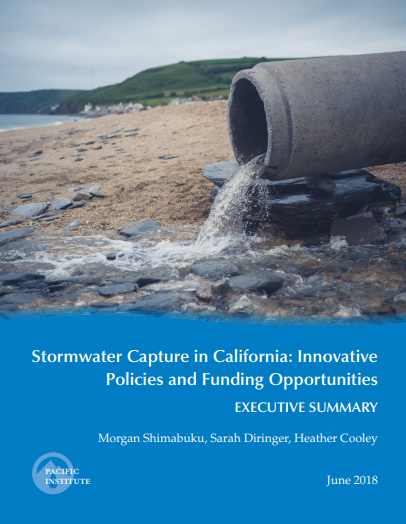1427 Resources
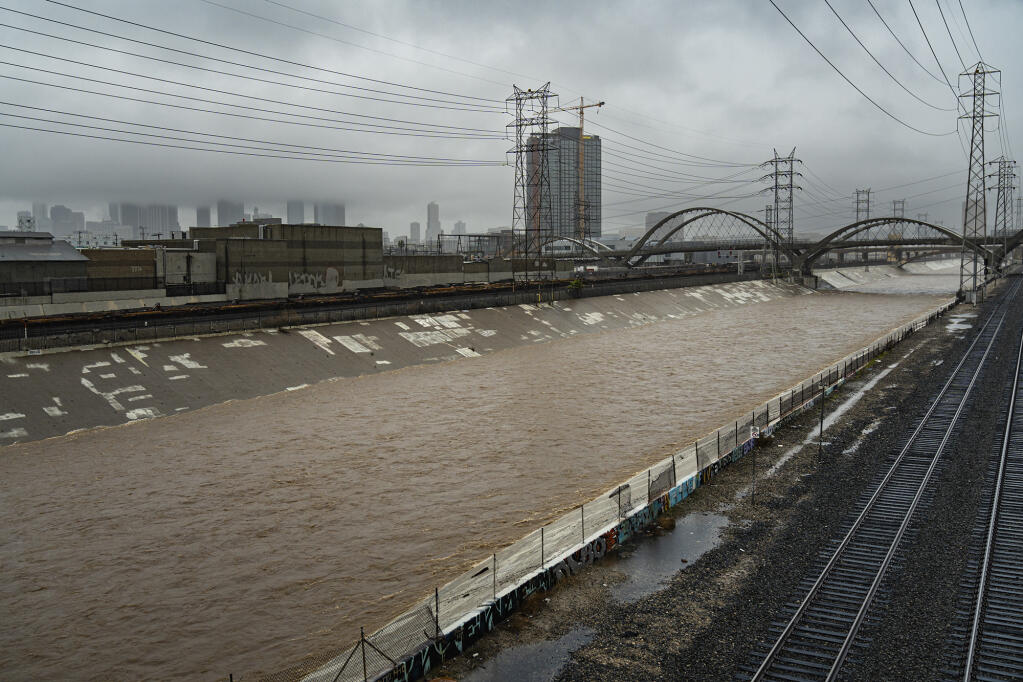
California’s Urban Runoff Flows Down the Drain. Can the Drought-Plagued State Capture More of It?
February 29, 2024 | news
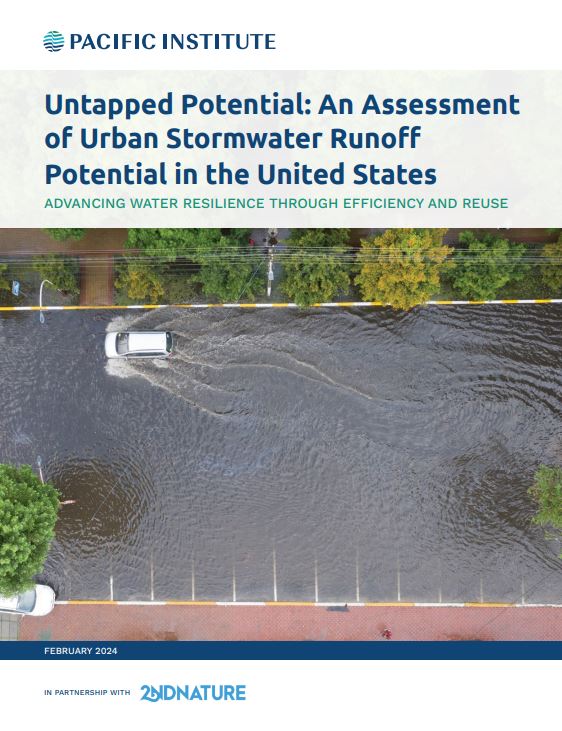
Untapped Potential: An Assessment of Urban Stormwater Runoff Potential in the United States
February 29, 2024 | publication
Urban communities across the United States face a range of water challenges. These include intensifying impacts of flooding and drought, water scarcity risks, constraints on traditional water supplies facing peak water limits, and water pollution. Novel approaches are needed to address these challenges and improve long-term water resilience.
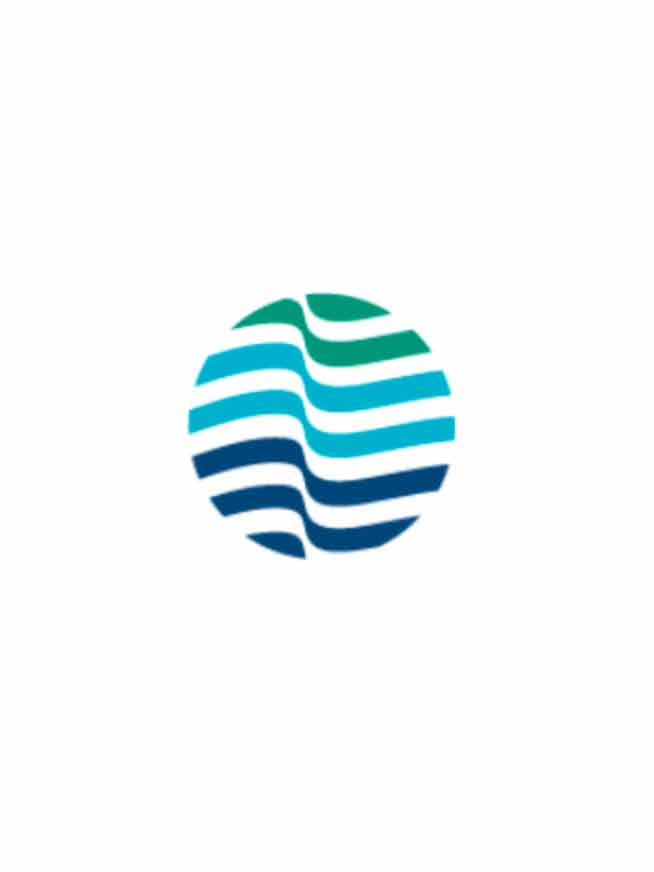
New Pacific Institute Report Finds Substantial Opportunity for Urban Stormwater Capture to Enhance Water Resilience in Communities Across the United States
February 29, 2024 | announcement
The Pacific Institute, a US-based global water think tank, in partnership with 2NDNATURE today released a new national assessment finding substantial opportunities for expanded stormwater capture and use approaches to improve water resilience in urban areas across the United States.

February 2024 Newsletter
February 23, 2024 | announcement
The monthly newsletter features the Pacific Institute’s research, publications, news about past and upcoming Institute staff outreach efforts, and media coverage of its work and analysis.
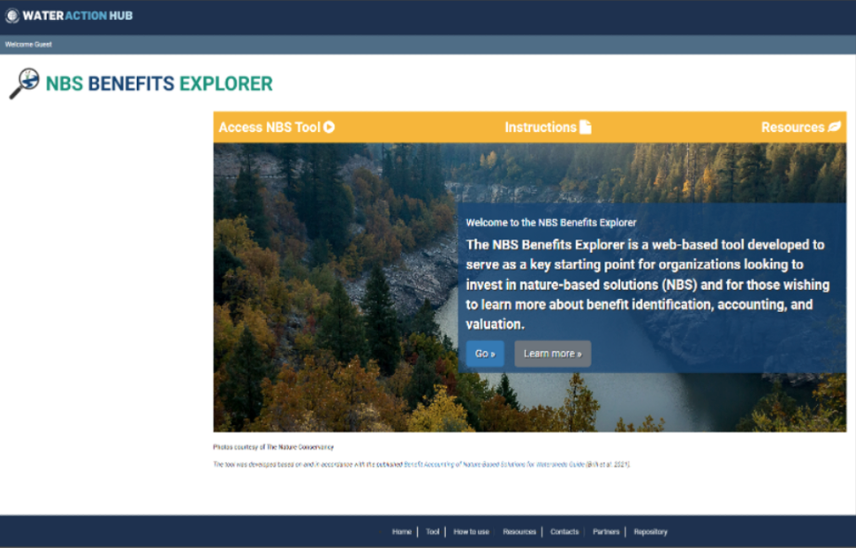
The NBS Benefits Explorer Version 2
February 9, 2024 | tools
The NBS Benefits Explorer, part of the Water Action Hub (a suite of digital tools for corporate water stewardship), is designed to serve as a key starting point for organizations looking to invest in #NatureBasedSolutions (NBS).
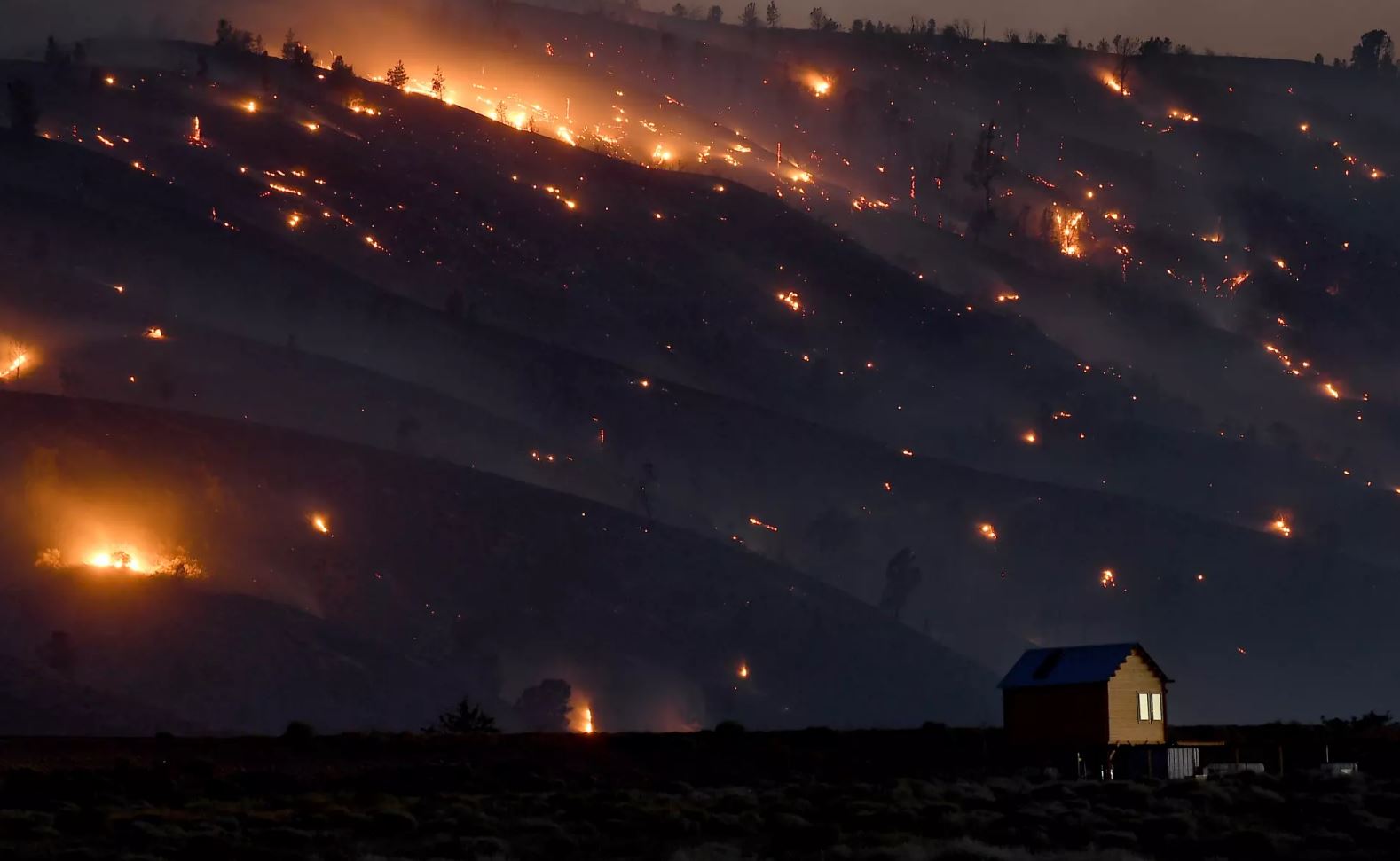
As Climate Hazards Converge, More Californians Are Living in Harm’s Way
February 3, 2024 | news

Launch of Nature-Based Solutions Benefits Explorer Version 2
February 1, 2024 | announcement
The NBS Benefits Explorer, part of the Water Action Hub (a suite of digital tools for corporate water stewardship), is designed to serve as a key starting point for organizations looking to invest in NBS. Newly launched, is the NBS Benefits Explorer Version 2.
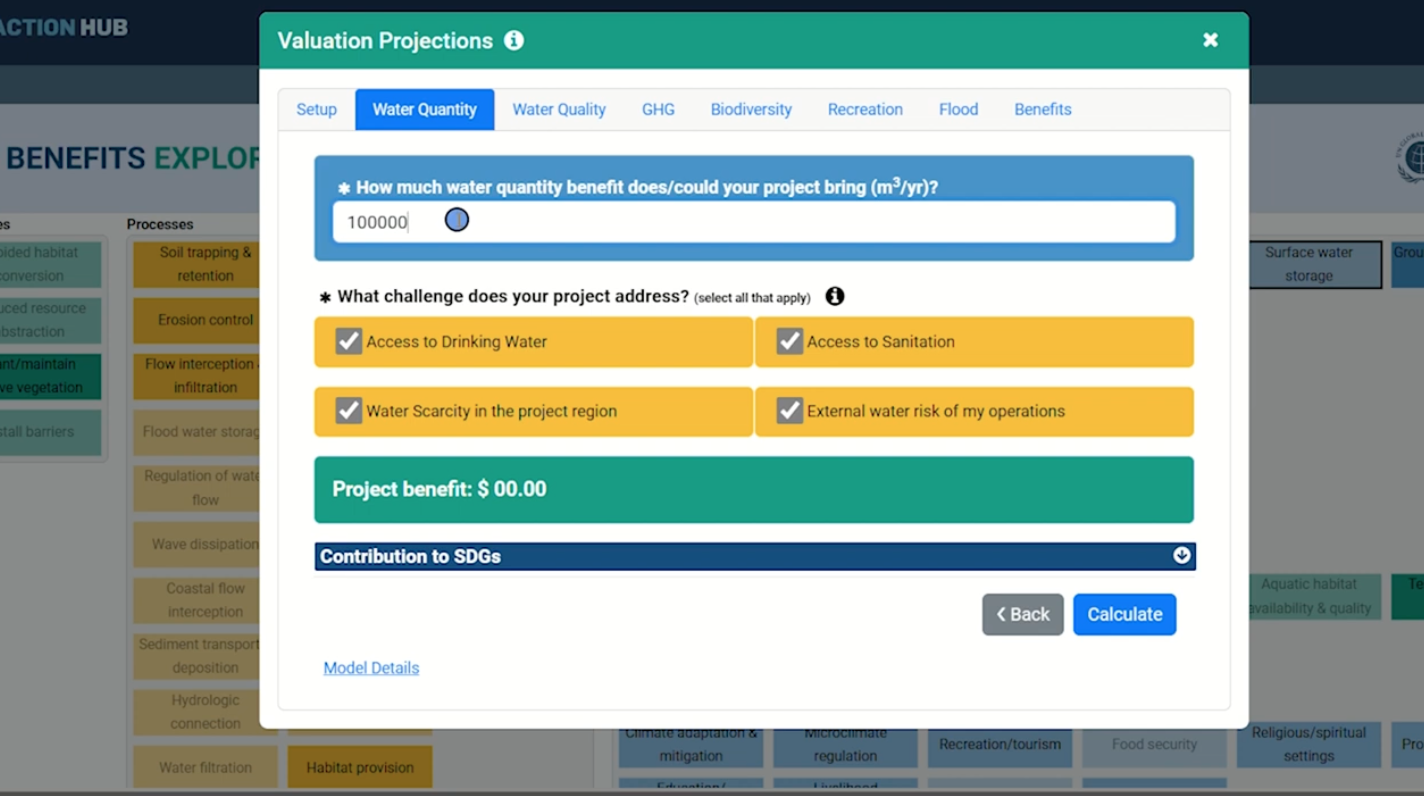
Nature-Based Solutions Benefits Explorer Tool – Instructions
February 1, 2024 | video
The NBS Benefits Explorer, part of the Water Action Hub (a suite of digital tools for corporate water stewardship), is designed to serve as a key starting point for organizations looking to invest in NBS.

Nature Based Solutions (NBS) V2 Launch Webinar
February 1, 2024 | video
The NBS Benefits Explorer, part of the Water Action Hub (a suite of digital tools for corporate water stewardship), is designed to serve as a key starting point for organizations looking to invest in #NatureBasedSolutions (NBS).
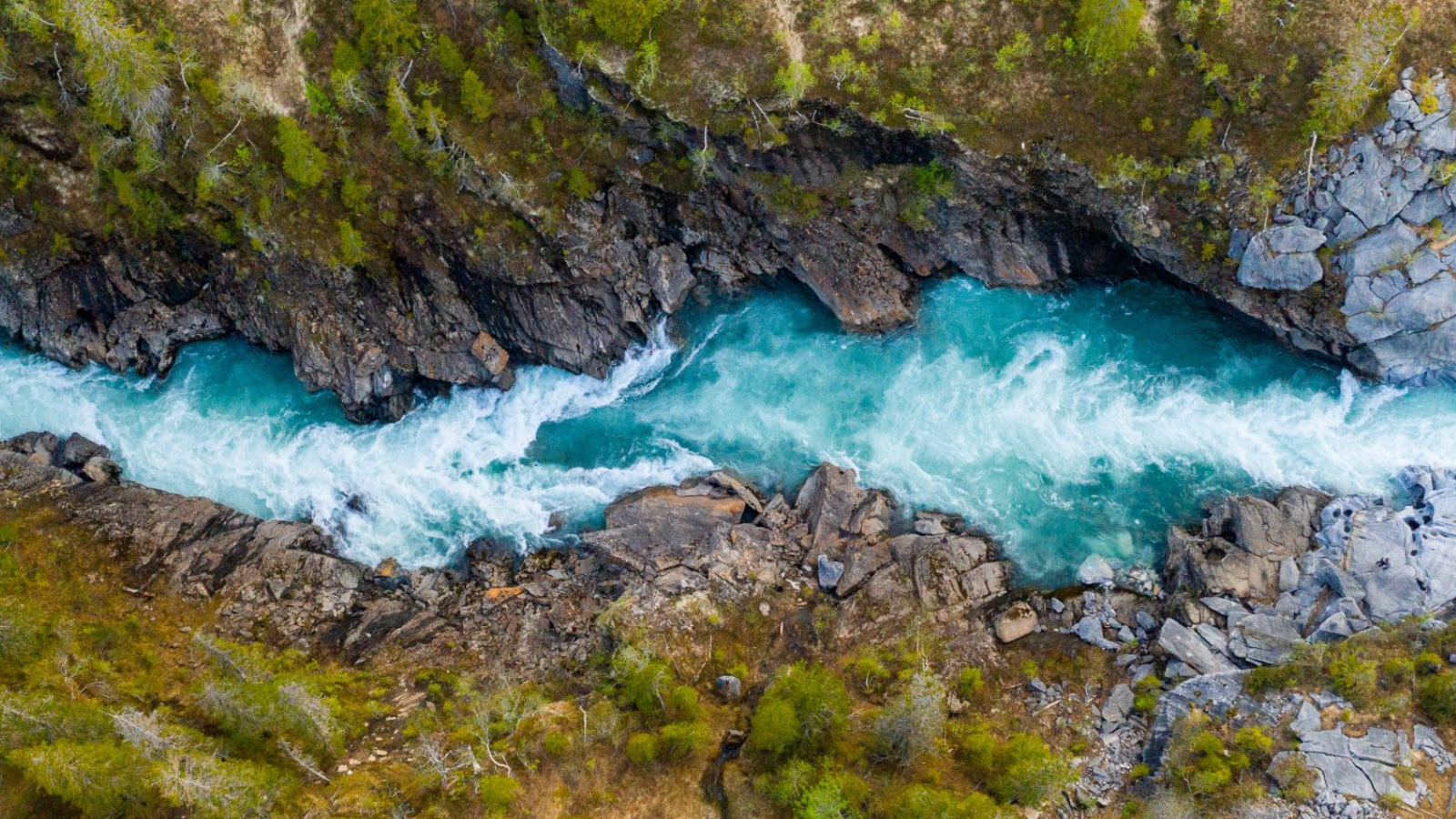
New Report Highlights How Climate Change is Worsening Water and Sanitation Access for Frontline Communities in the United States
January 30, 2024 | announcement
In a newly released report, the Pacific Institute and DigDeep, in partnership with the Center for Water Security and Cooperation, paint a sobering picture of how climate change is straining access to water and sanitation in communities throughout the United States.
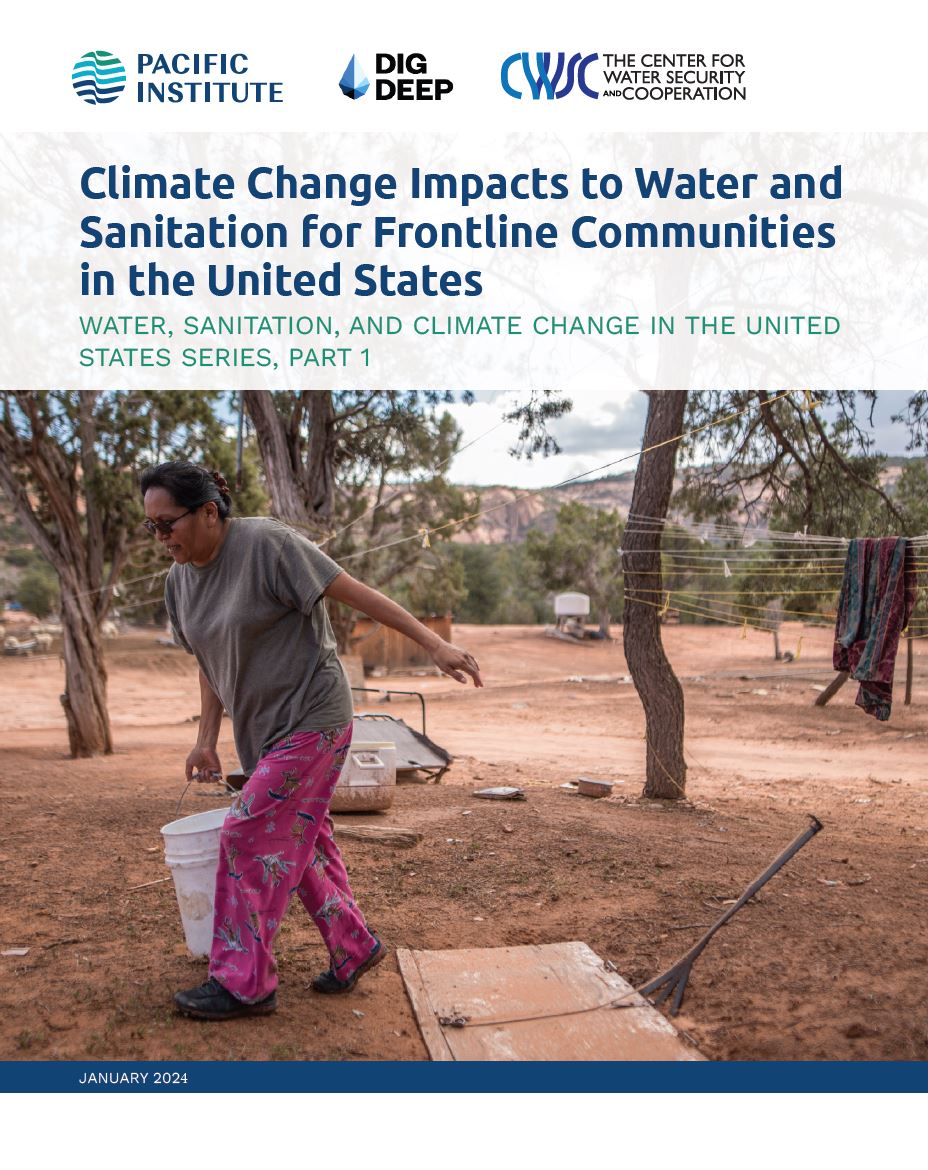
Climate Change Impacts to Water and Sanitation for Frontline Communities in the United States: Water, Sanitation, and Climate Change in the United States, Part 1
January 30, 2024 | publication
The Pacific Institute and DigDeep in collaboration with the Center for Water Security and Cooperation, presents the first report in a series titled “Water, Sanitation, and Climate Change in the United States.”

January 2024 Newsletter
January 26, 2024 | announcement
The monthly newsletter features the Pacific Institute’s research, publications, news about past and upcoming Institute staff outreach efforts, and media coverage of its work and analysis.

The Environmental Toll In Gaza Will Endanger Residents Long After War’s End
January 4, 2024 | news

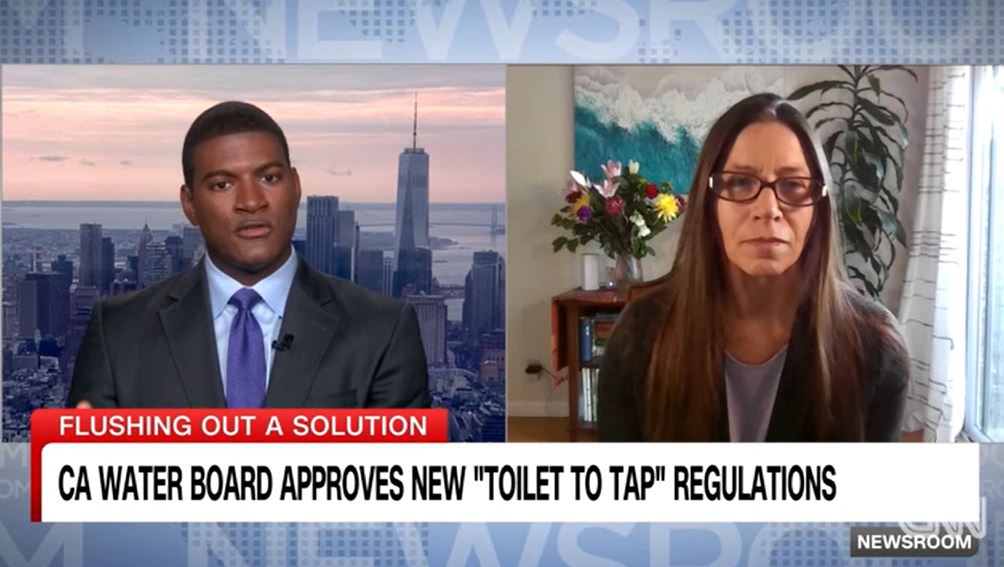

December 2023 Newsletter
December 22, 2023 | announcement
The monthly newsletter features the Pacific Institute’s research, publications, news about past and upcoming Institute staff outreach efforts, and media coverage of its work and analysis.
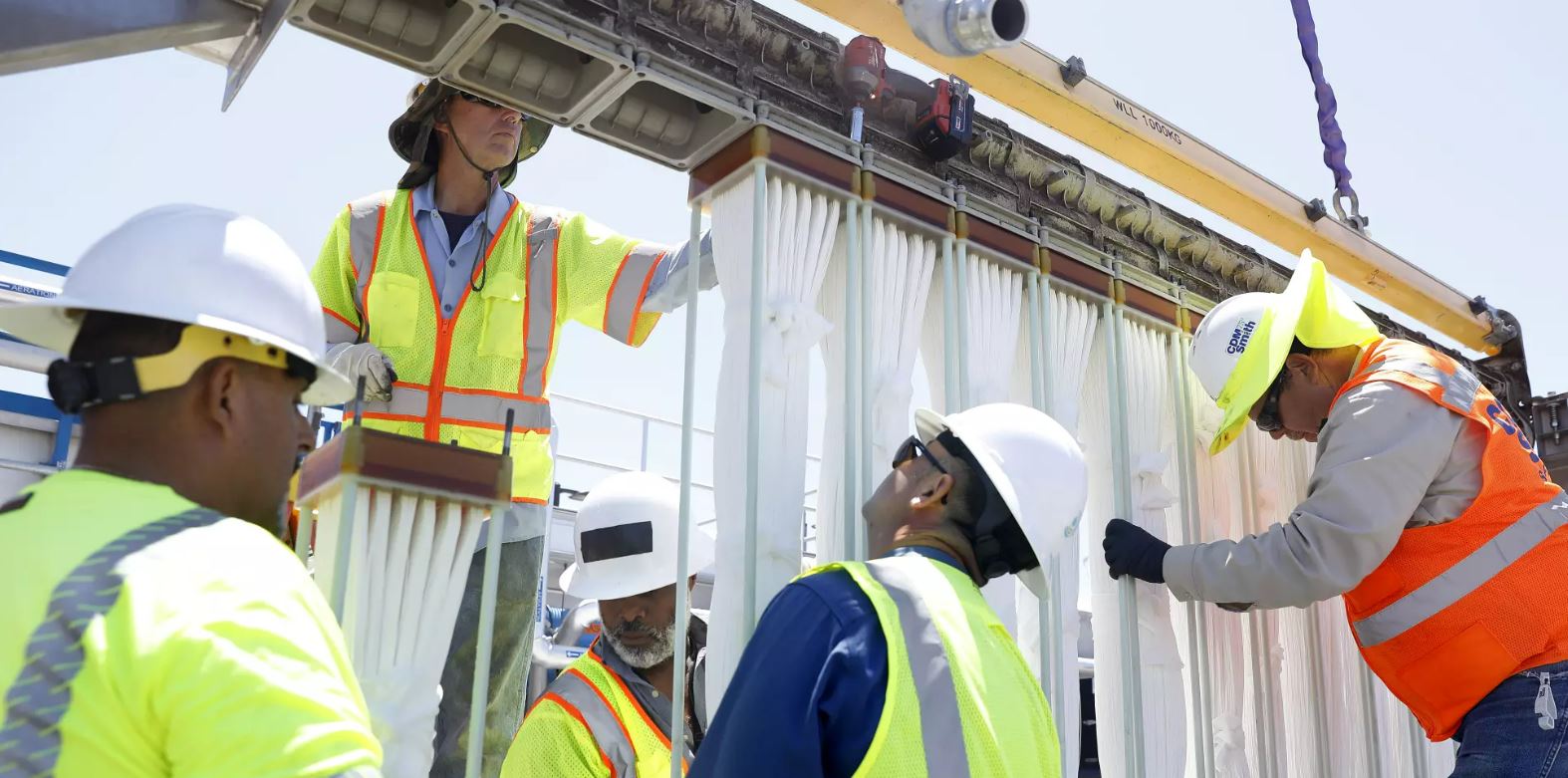
California Prepares to Transform Sewage Into Pure Drinking Water Under New Rules
December 17, 2023 | news
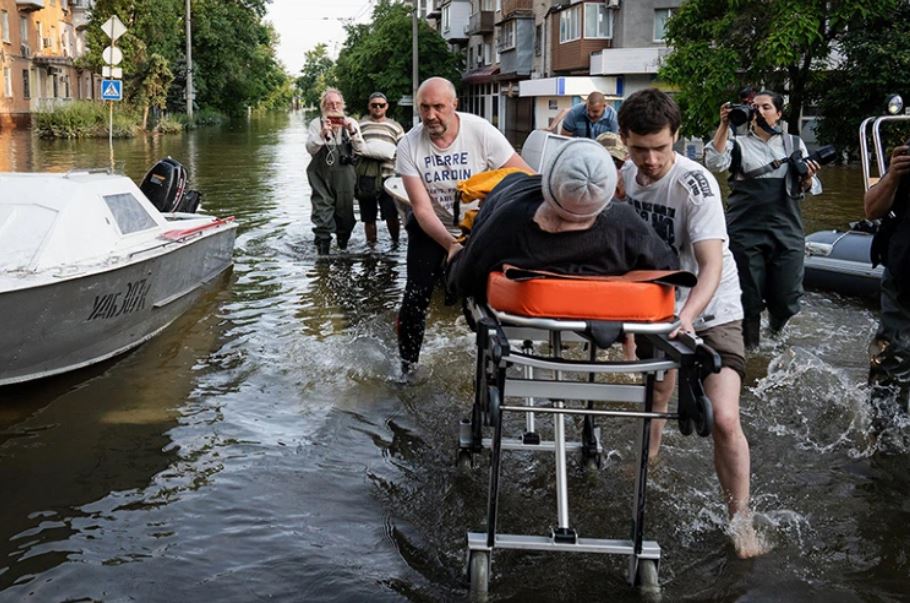
Water and Warfare: The Battle to Control a Precious Resource
December 14, 2023 | news
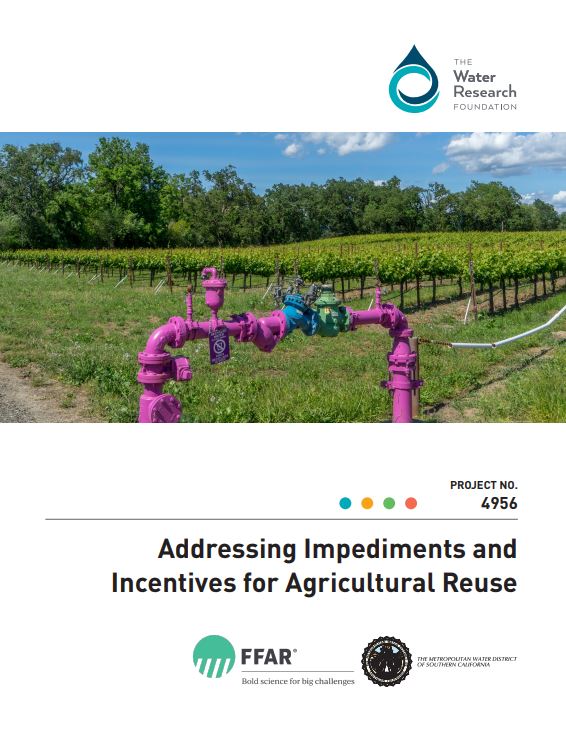
Addressing Impediments and Incentives for Agricultural Reuse
December 13, 2023 | publication
Water systems across the United States are facing unprecedented levels of stress arising from challenges, such as a changing climate, aging infrastructure, and shifting patterns of water supply and demand. Agricultural water reuse has the potential to increase the resilience of water and agricultural systems through benefits. such as supply diversification, access to an additional water supply, nutrient management, and compliance with water quality permits. However, realization of these benefits and scaling reuse are hindered by broad ranging, but surmountable barriers and tradeoffs.
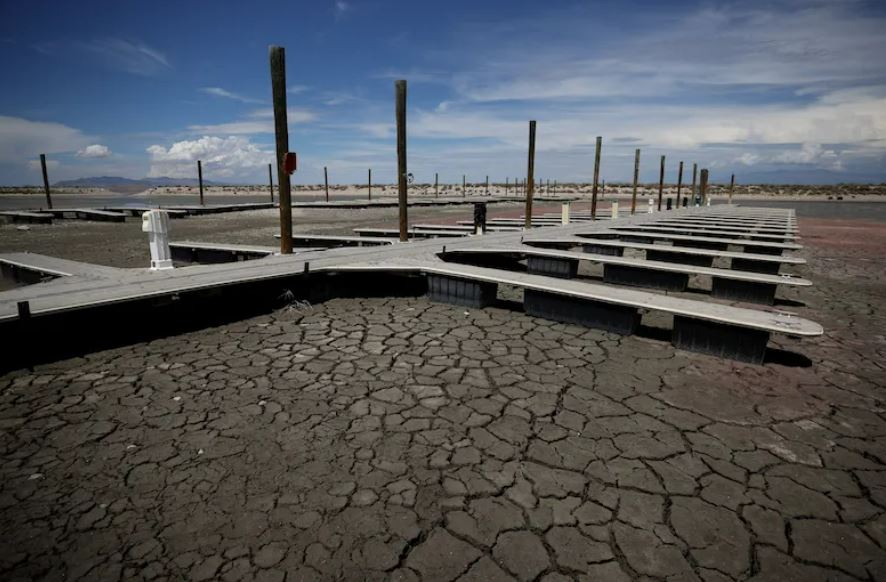
Could a 550-Mile Pipeline From the Ocean Save the Great Salt Lake? Scientists Say Probably Not
December 12, 2023 | news
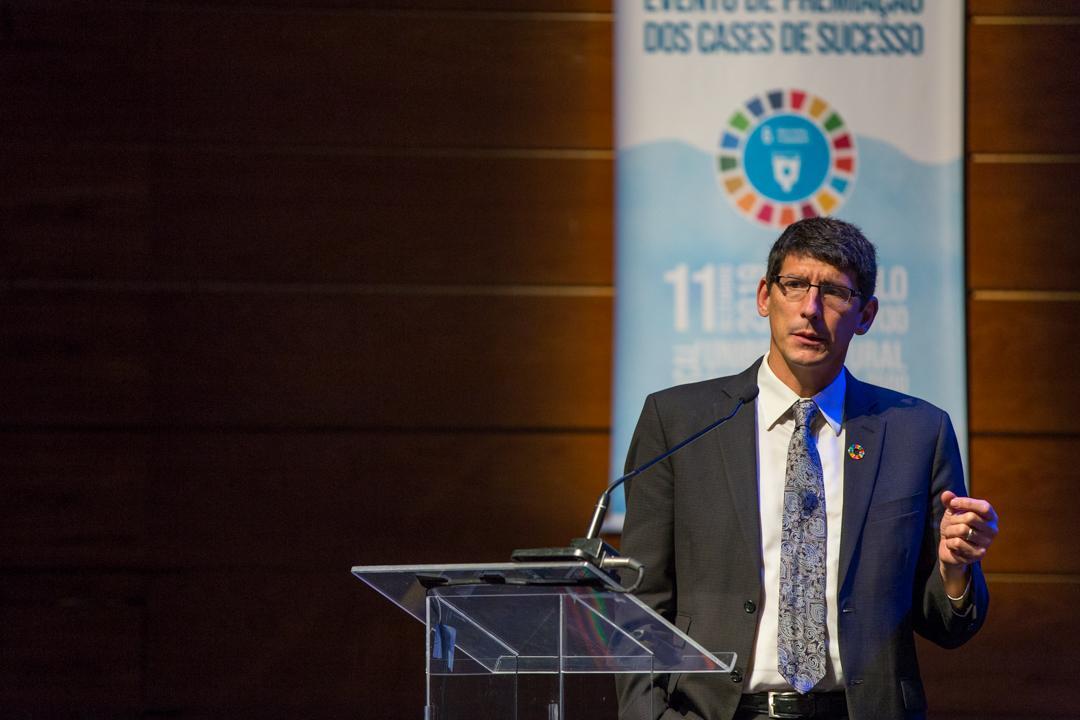
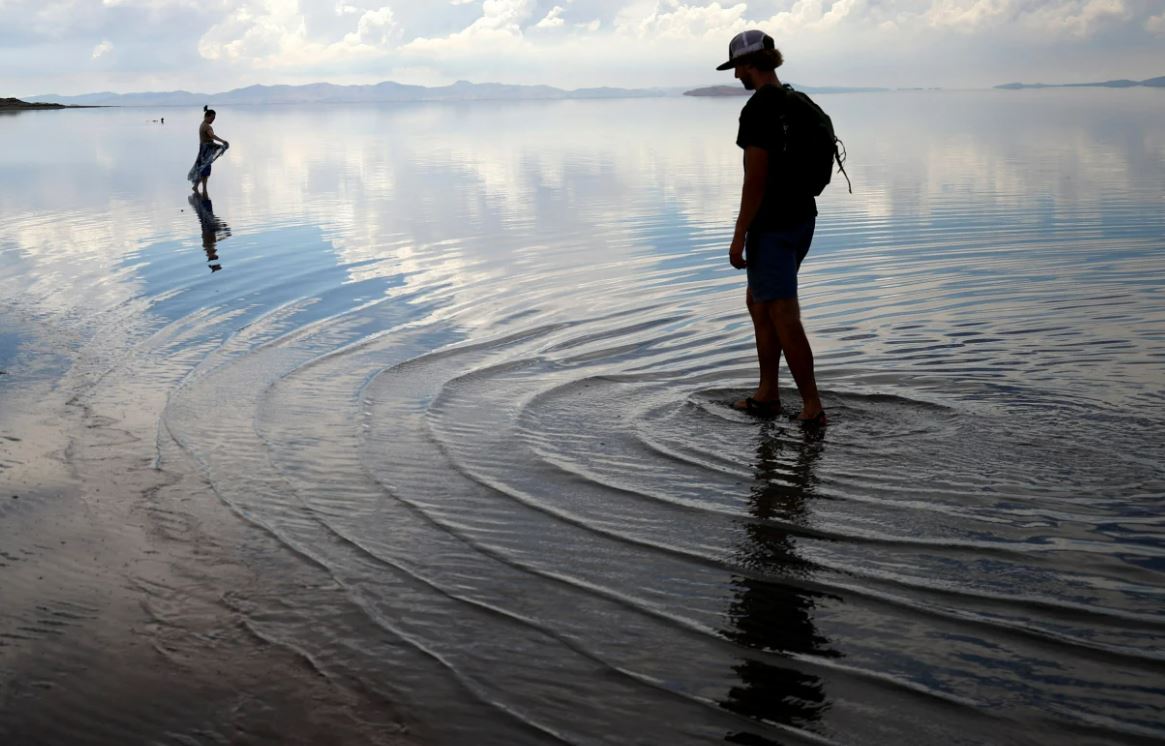
Why Scientists Aren’t Sold on an Idea to Pipe Ocean Water to the Great Salt Lake
December 7, 2023 | news

European Space Agency and CEO Water Mandate Use Space-Based Data to Monitor 100 of the World’s Most Water-Stressed Basins
December 4, 2023 | announcement
European Space Agency (ESA) and CEO Water Mandate announced today the selection of the first batch of pilot projects which aim to advance the digital monitoring of 100 of the world’s most water-stressed basins. The announcement demonstrates the progress made so far in this collaboration which is focused on addressing urgent water challenges.

November 2023 Newsletter
November 30, 2023 | announcement
The monthly newsletter features the Pacific Institute’s research, publications, news about past and upcoming Institute staff outreach efforts, and media coverage of its work and analysis.
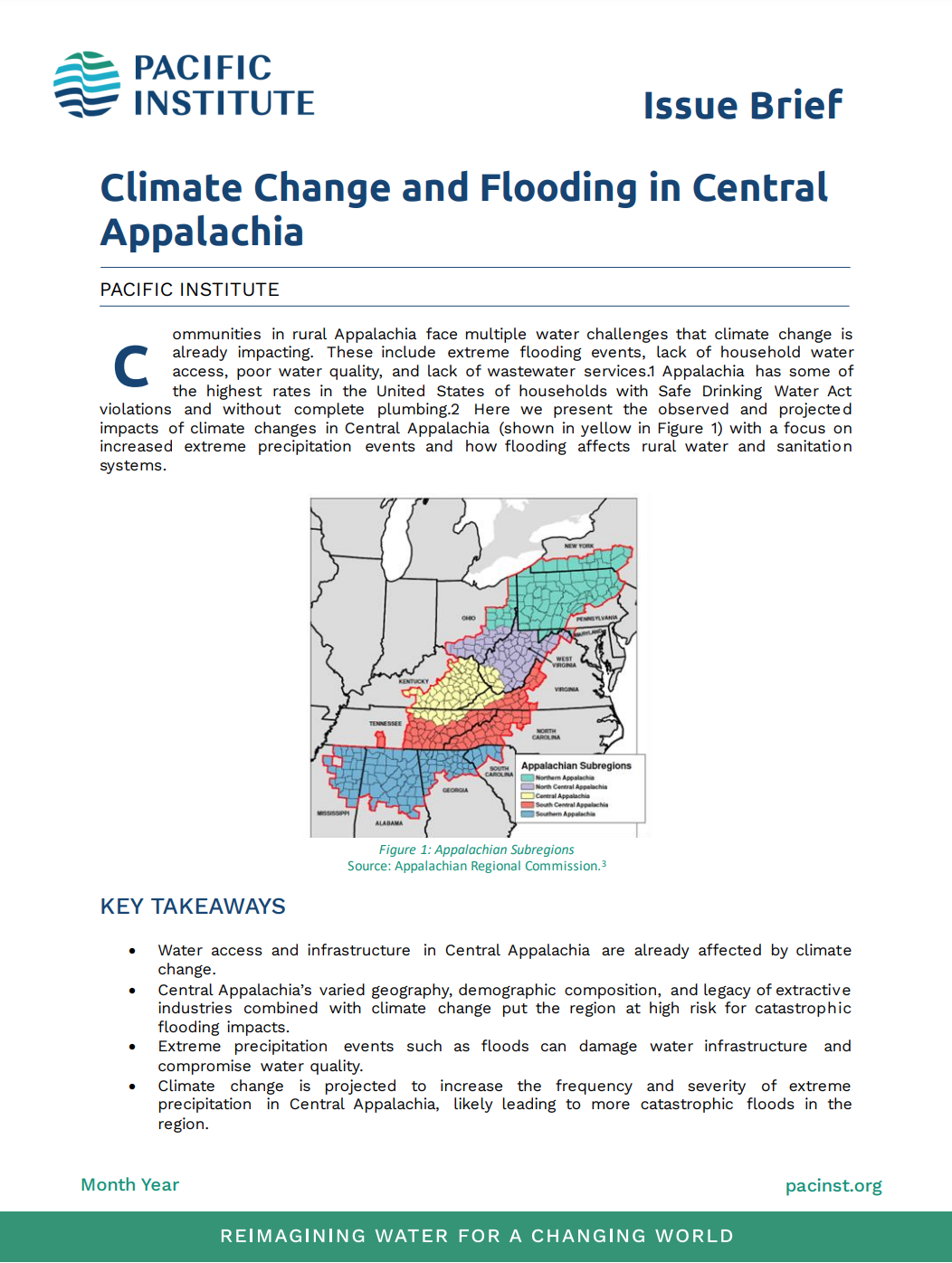
Climate Change and Flooding in Central Appalachia
November 30, 2023 | publication
Communities in rural Appalachia face multiple water challenges that climate change is already impacting. These include extreme flooding events, lack of household water access, poor water quality, and lack of wastewater services.
Page 3 of 58



